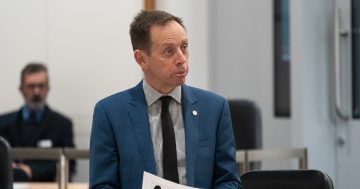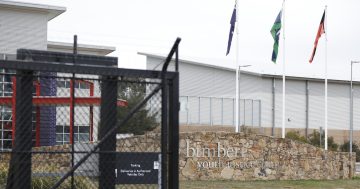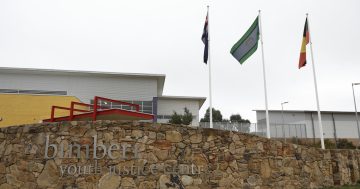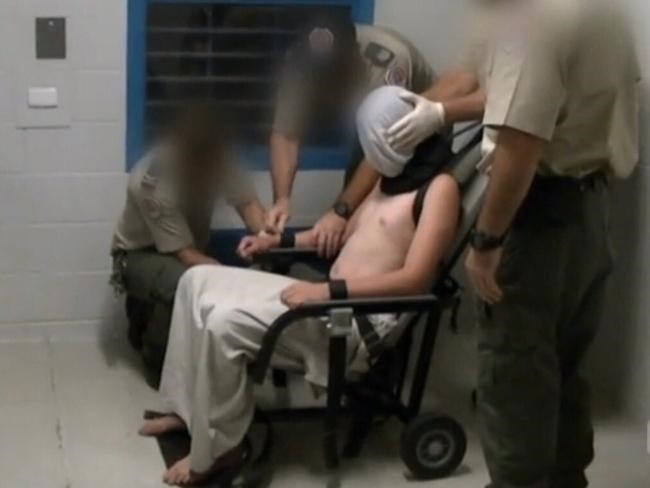
Dylan Voller in a spit hood in 2016 at the Don Dale Detention Centre brought national attention to multiple law and order issues. Photo: ABC.
The ACT Government has become the first jurisdiction to introduce legislation to raise the age of criminal responsibility and keep very young children out of prison. The Territory has also taken steps towards ensuring spit hoods will never again be used on children.
These are important steps forward, but they remain a far cry from the wrap-around services and support these children and their families need.
The ACT Government recently introduced legislation to raise the age of criminal responsibility – first to 12 years old, and then to 14.
While it is a relief that the ACT has legislated to ensure children will be protected from the most harmful parts of the criminal legal system, there is still a long way to go if the government wants to be a truly human rights-compliant jurisdiction when it comes to looking after our kids.
Medical experts, disability workers, lawyers, family members and youth service providers are of the same mind: no child under 14 years old should ever be locked away. And there should be no exceptions and no carve-outs. The harm inflicted on a child who is removed from the community, and locked away, is enormous, but it’s a toll borne by all of society and makes all our communities less safe.
In some ways, raising the age of criminal responsibility is more of a test of adult responsibility than anything else. At what point does the government wipe its hands clean of these children and deny its own responsibility to meet their basic needs?
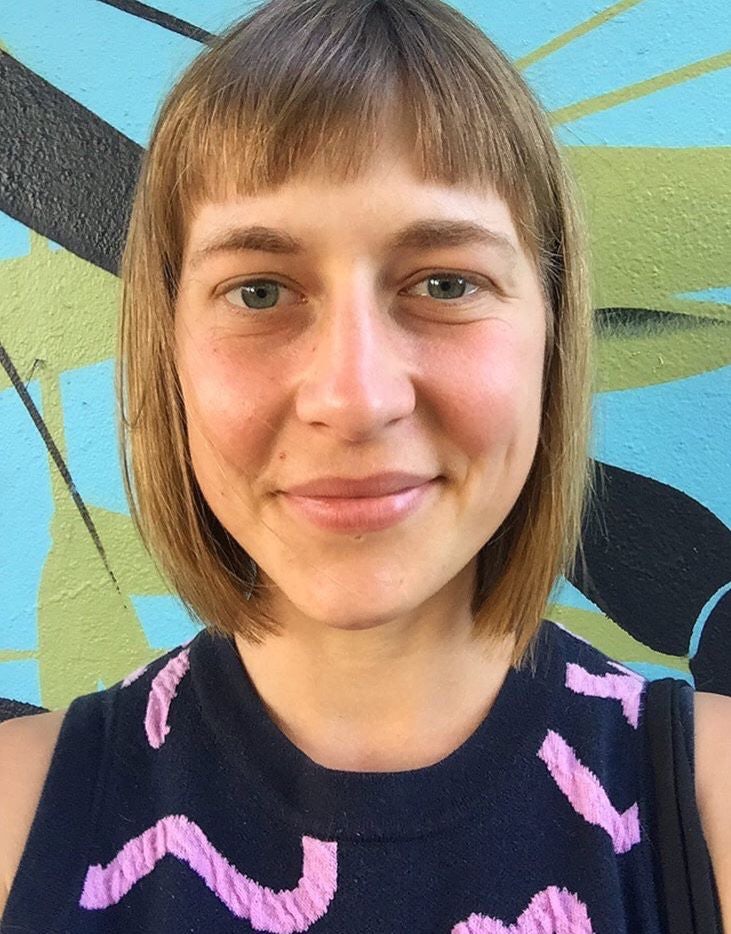
Sophie Trevitt received the Liberty Victoria Voltaire Human Rights Award mainly due to her work keeping children out of prison. Photo: Supplied.
The truth of the matter is that the old ‘law and order’ approach has failed all of us. Kids are not getting the support they need and our communities feel less safe – even though crime statistics show that crime rates are dropping everywhere.
All the medical and developmental evidence shows that locking children away only harms and never helps them. Locking up kids is bad for the child, the family, and the whole community.
Childhood development experts, lawyers, teachers, youth workers and families have all called on the ACT Government to raise the age of criminal responsibility to 14 as a minimum and to ban the use of spit hoods on children for good. The ACT Government has agreed to do both – partially. And while this is a crucial step in the right direction, it is still only the bare minimum when it comes to looking after kids in our care.
The truth is, we all want to live in safe, healthy communities. But contrary to the popular ‘law and order’ mythology, a safe community is one where families are not living in poverty, where homes are comfortable and safe and where children are given the help they need.
I received the Liberty Victoria Voltaire Human Rights Award largely because of this work to keep children out of prison.
When I lived and worked in Mparntwe (Alice Springs), I represented many kids (often via their grandmothers) who were imprisoned in Alice Springs Youth Detention Centre and Don Dale. I was again disturbed when I moved home to Canberra and discovered that, despite our wealth and resources, children are still being thrown behind bars instead of being given the services and support they so clearly need.
The ACT calls itself a human rights jurisdiction, yet until recently, we spit hooded children and hadn’t legislated to raise the age. The ACT Government has now taken these two steps – albeit incompletely.
The ACT Government should be congratulated on its important work to keep children safe, but if the ACT wants to truthfully call itself a human rights jurisdiction, then we need to do more than the bare minimum. That means getting all children out of prison (with no exceptions), investing in their mental and general health, and properly funding community and public housing for everyone who needs somewhere to call home.
Not torturing children should not be our benchmark. Providing the best possible support and care to children and their families should be. These kids, and our whole community, deserve that.
Sophie Trevitt is a Canberran and winner of the 2023 Liberty Victoria Voltaire Human Rights Award. Sophie has been working closely with Canberran organisations like the Youth Coalition, Human Rights Commission, ACTCOSS and many others to secure the release of children from behind bars.
Sophie was recently diagnosed with brain cancer.












